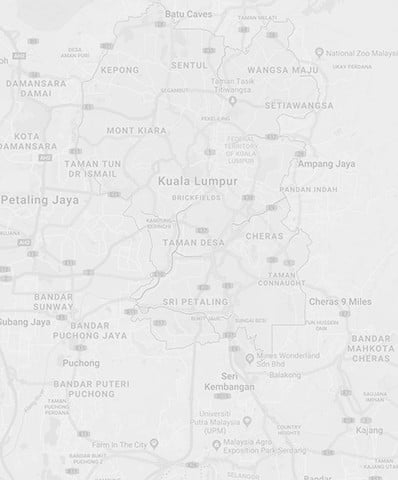At a time when young people are being over-stimulated by screens, the process of examinations and just being a teenager, they are in danger of being overloaded satiated and stressed out! Mindfulness can be a tool that helps young people - all people - find calm in the present, regulate their emotions, self regulate their thoughts and actions and develop compassion for themselves and others. In this week’s Secondary Blog, Richard Stockings (Vice Principal for Our Students) shares how supporting students in mindful practices is a key element of our wider wellbeing programme at EP.
Mindful versus Mind Full
At EP, some of our staff have a particular interest in this area and lead a development group to further investigate and share practice regarding its impact across subjects. Becoming trained as a Mindful Educator has been a pathway for some to gain qualifications to further enhance both their own practice and to learn new creative ways of introducing mindful habits into the classroom.
As a community, we have celebrated mindfulness through our assembly structure, celebrating different forms of mindfulness and raising awareness as to the importance of this. A large number of students have also opted for a Mindfulness Course in the bespoke ACHIEVE sessions recently and they were introduced to Mindfulness posture, body scans, mindful breathing as well as appreciating mindful sound and mindful walking. The feedback from the group was overwhelmingly positive in identifying how the course had helped them to find ways to settle themselves and calm their thinking when stressed or overwhelmed.
A great deal of support has already gone into preparing Year 11 and Year 13 for their coming examination period. In the lead up to their Mock exams, we took time to allow students to visit the Examination Hall and to practise visualisation, mental rehearsal and breathing techniques. Many students reported that the techniques had helped them focus and manage their anxiety; we hope they will continue to utilise these. An ECA was offered in mindfulness through Terms 1 and 2 with a focus on skills that can be utilised in relation to exams and this will continue in Term 3 with a trained coach. A focus on preparing for exams before sitting a paper with intentional breathing techniques will continue to be a key focus.
As part of our continued journey as a Positive Education school, we find opportunities to educate students about the importance of following their passions. For many, going to the gym, playing a musical instrument, reading a book or learning a new skill can be a form of mindfulness. Finding the moments of flow where one loses oneself and seeks pleasure in the present moment is, in itself, a form of mindfulness. With the extensive ECA program many students will be finding solace in their activities and practise the techniques of inner calm and present moment awareness without even noticing it.
In my view, mindfulness is a very personal experience. It can range from a very formal practice to a much more unstructured form of awareness. The key is that all of our students do find ways to switch off from the pressures that all young people face on a daily basis. Mindfulness is just one of many tools students can use to take control of their thoughts, their anxieties and ultimately their lives.
Thank you to Richard for sharing these personal reflections on mindfulness and the role of mindfulness in our learning programme with students.
Maria Osowiecki
Principal - Secondary Campus
Menu Close


